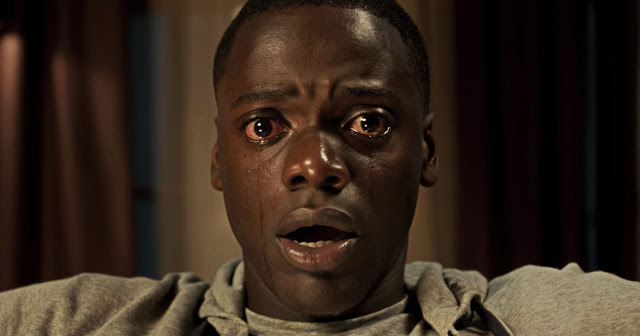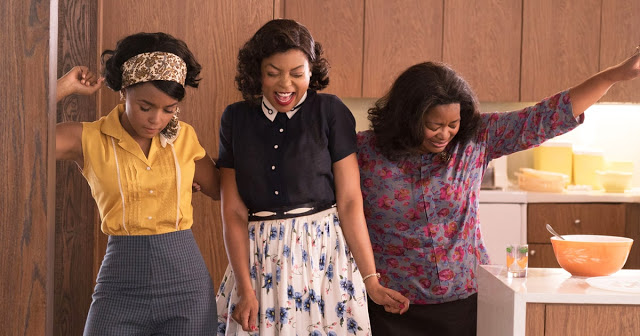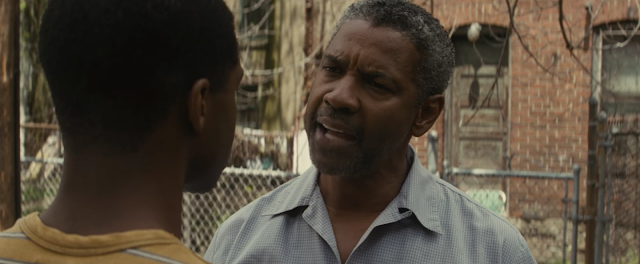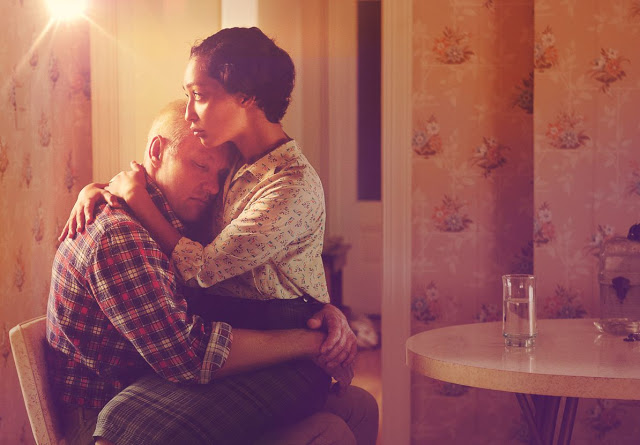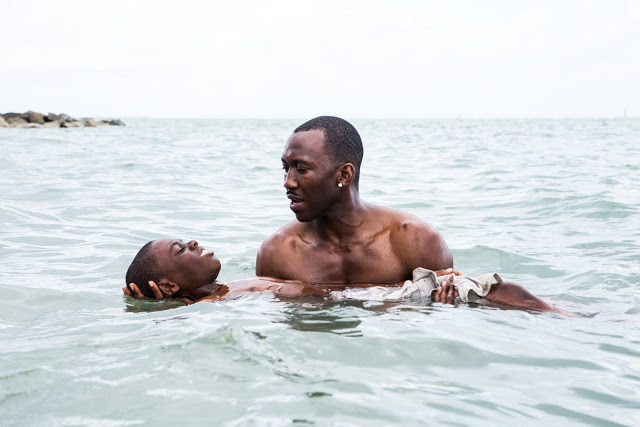Get Out: The Stepford Jives
The hero of Get Out suffers. Over the course of the movie, he is assaulted, humiliated, choked, tied up, shot at, and regularly deprived of his physical and personal liberty. It’s a crucible of pain. But nothing is more terrifying, more indignifying, than when he’s forced to hobnob at a fancy garden party with a bunch of rich white people.
OK, I’m exaggerating. But Get Out, the first feature by comedian Jordan Peele, is more than just another fright flick. It’s a film that examines, with insight, empathy, and anger, the challenge of being a black man in white America. Peele is not exclusively interested in making you jump out of your seat (though he proves plenty good at that). He also wants to clamp you to your chair and make you grapple with the current state of race relations in this country, to wrestle with his characters’ prejudices and maybe even your own. Read More

